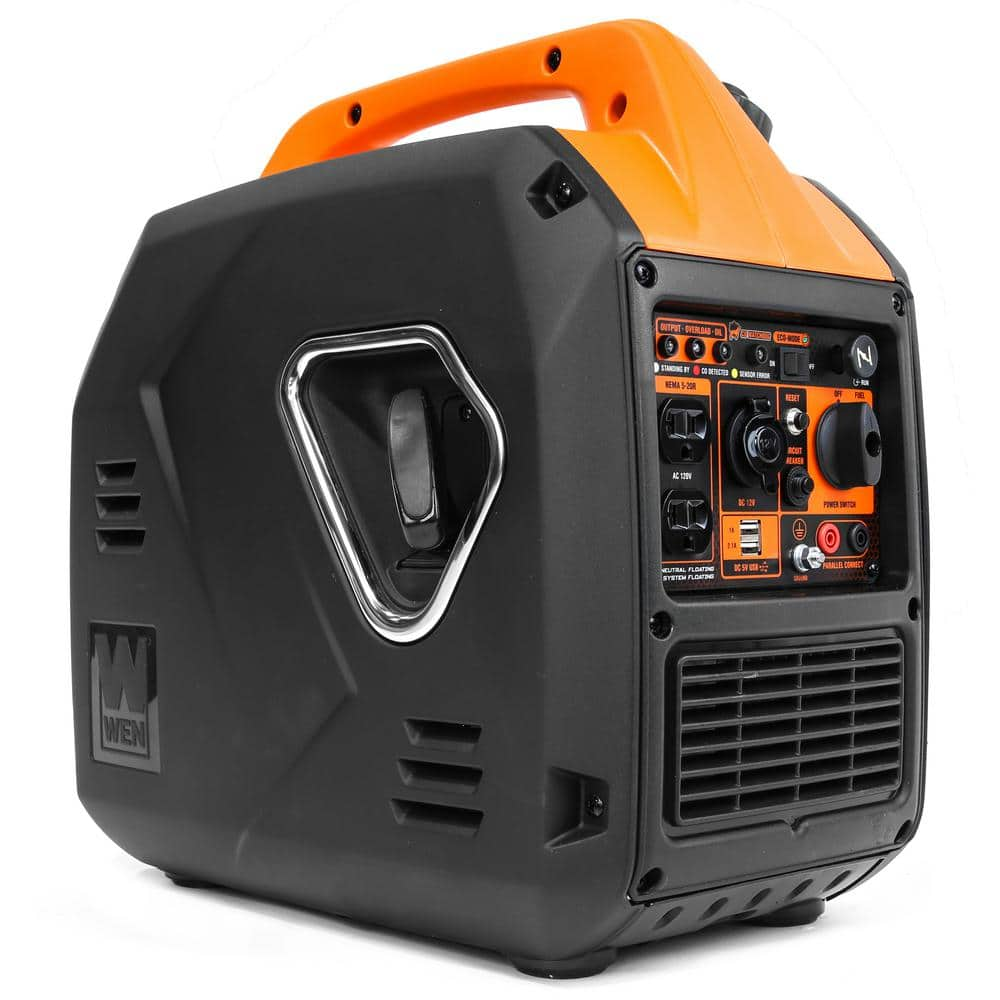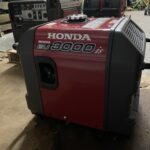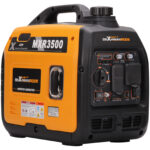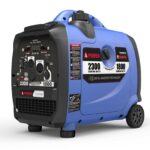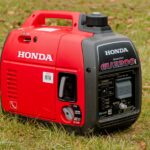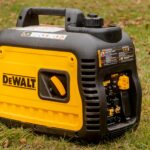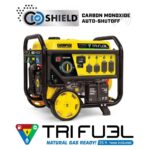Lightweight generators are the future of generators. They are small and portable, yet are powerful enough to meet the needs of the most demanding applications. This is why lightweight generators are becoming increasingly popular. They provide users with the convenience of portability while still giving them the power they need. From powering camping trips to providing electricity in remote areas, lightweight generators are the perfect solution. Learn more about the advantages of lightweight generators and how they are changing the generator game.
Stationary Generators
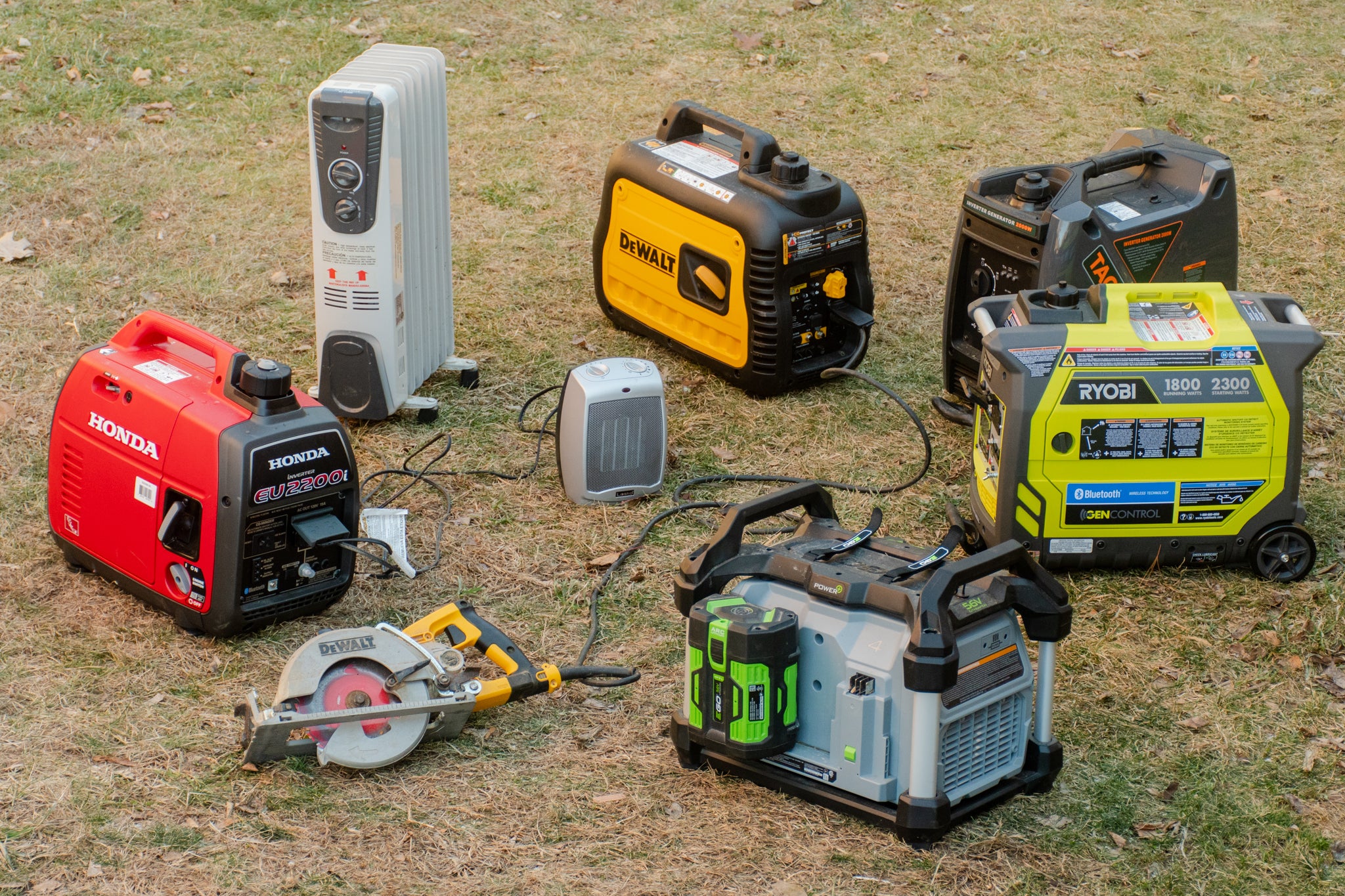
Stationary generators are generally used to power large homes and commercial businesses. They are permanently installed, usually outdoors, and are connected to a home or business’s electrical system. Stationary generators are typically powered by liquid propane gas or diesel.
Portable Generators
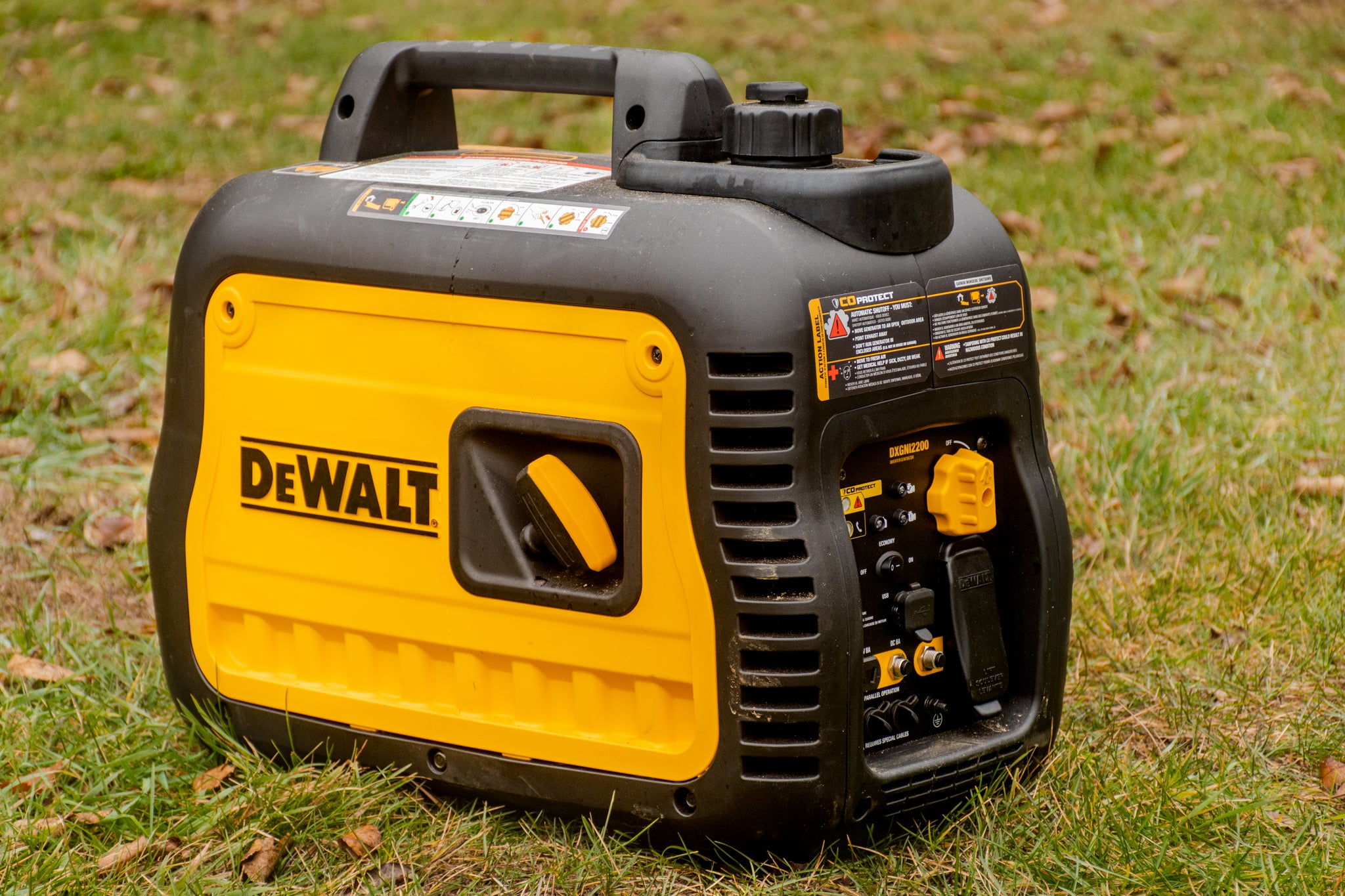
Portable generators are a great option for homeowners and businesses who need a temporary source of power. Portable generators can be easily moved from one location to another and typically run on gasoline. They are a great solution for providing backup power in case of an emergency or providing power to outdoor events.
Benefits of Lightweight Generators
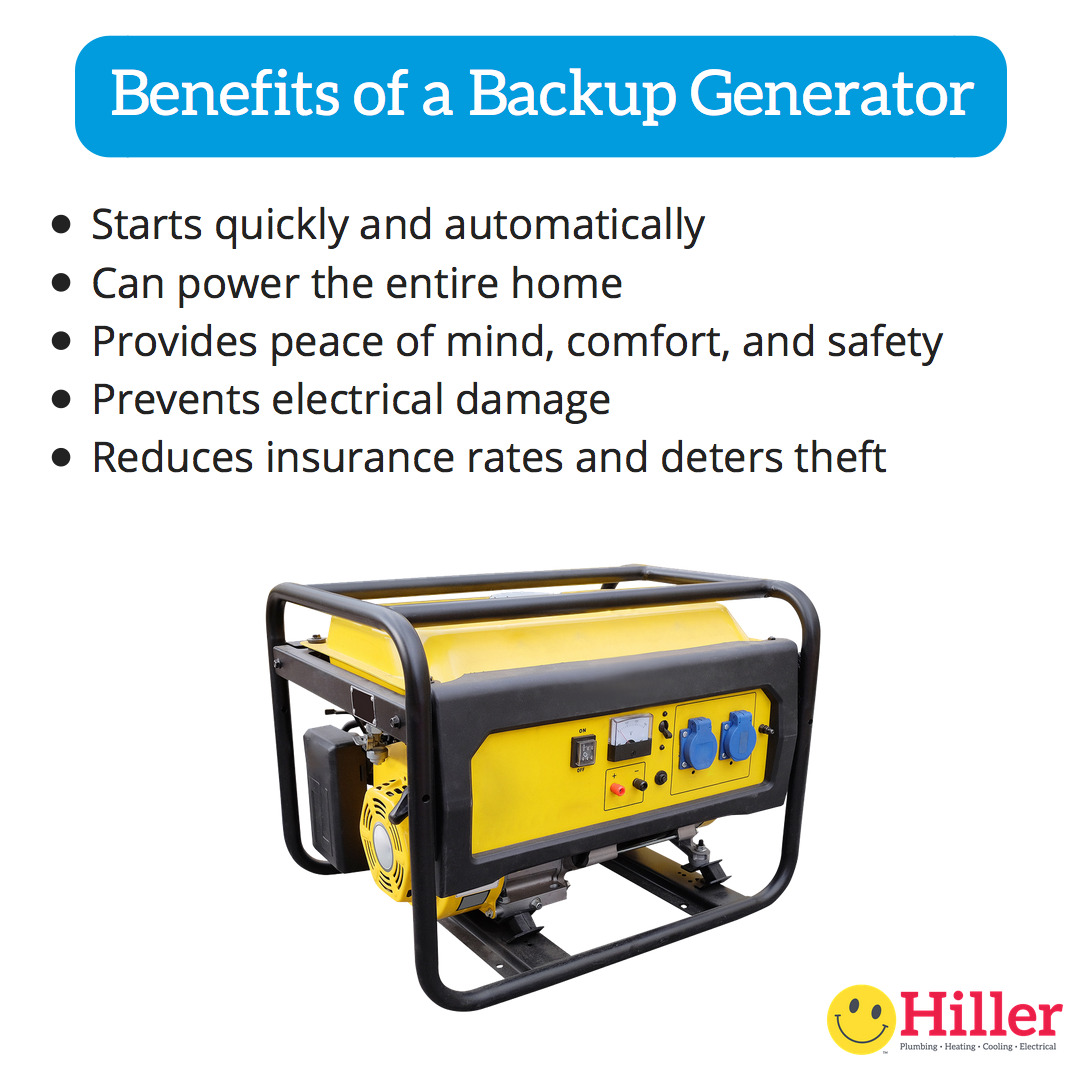
| Benefit | Description |
|---|---|
| Portability | Lightweight generators are designed to be portable and easy to transport. Many are small enough to fit in the trunk of a car or back of a truck. |
| Cost-Effective | Lightweight generators are more cost-effective than their heavier counterparts, making them a great option for those on a budget. |
| Ease of Use | Lightweight generators are easy to set up and use, making them ideal for those who don’t have a lot of experience with generators. |
| Fuel Efficiency | Lightweight generators are more fuel-efficient than their heavier counterparts, allowing you to save money on fuel costs. |
| Less Noise | Lightweight generators typically generate less noise than their heavier counterparts, making them ideal for camping trips and other outdoor activities. |
Lightweight generators have many benefits, such as portability, cost-effectiveness, ease of use, fuel efficiency, and less noise. They are a great option for those who need a reliable source of power and don’t want to spend a lot of money.
Types of Lightweight Generators
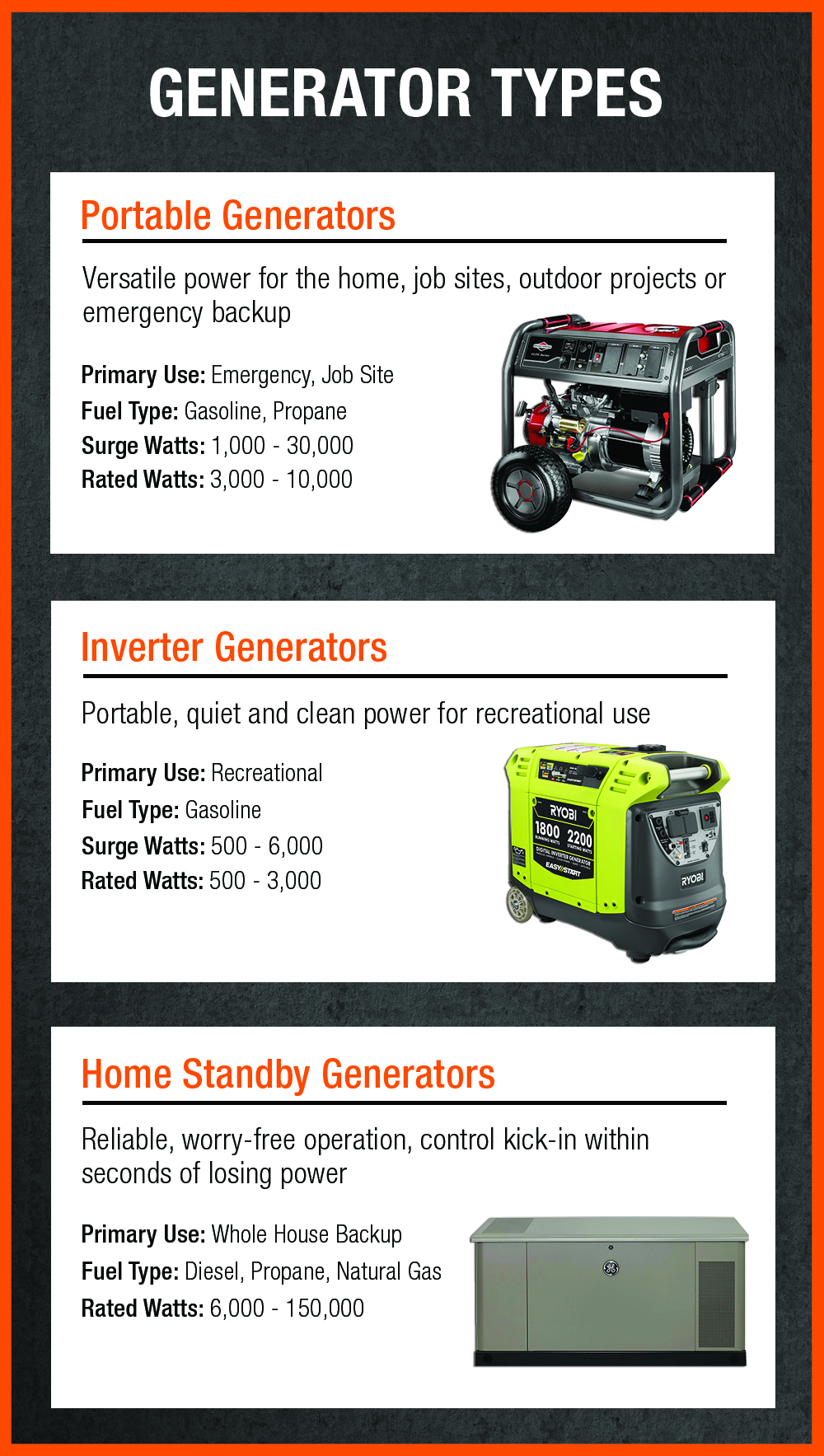
1. Inverter Generator
Inverter generators are lightweight and portable, making them ideal for recreational activities such as camping, tailgating, and fishing trips. They are typically quiet and fuel-efficient, and come in a variety of wattage capacities ranging from 1,000-6,000 watts.
2. Solar Generator
Solar generators are gaining popularity due to their clean, renewable energy source. They use solar panels to convert sunlight into electricity, and can be used to power small appliances such as laptops, TVs, and cell phones. Solar generators are lightweight and easy to transport, making them perfect for camping and other outdoor activities.
3. Micro-hydro Generator
Micro-hydro generators are a type of renewable energy generator that uses the force of flowing water to generate electricity. They are lightweight and compact, and can be used in remote locations with access to a water source. They are also relatively inexpensive, making them a viable option for those looking to produce their own electricity.
Advantages of Lightweight Generators
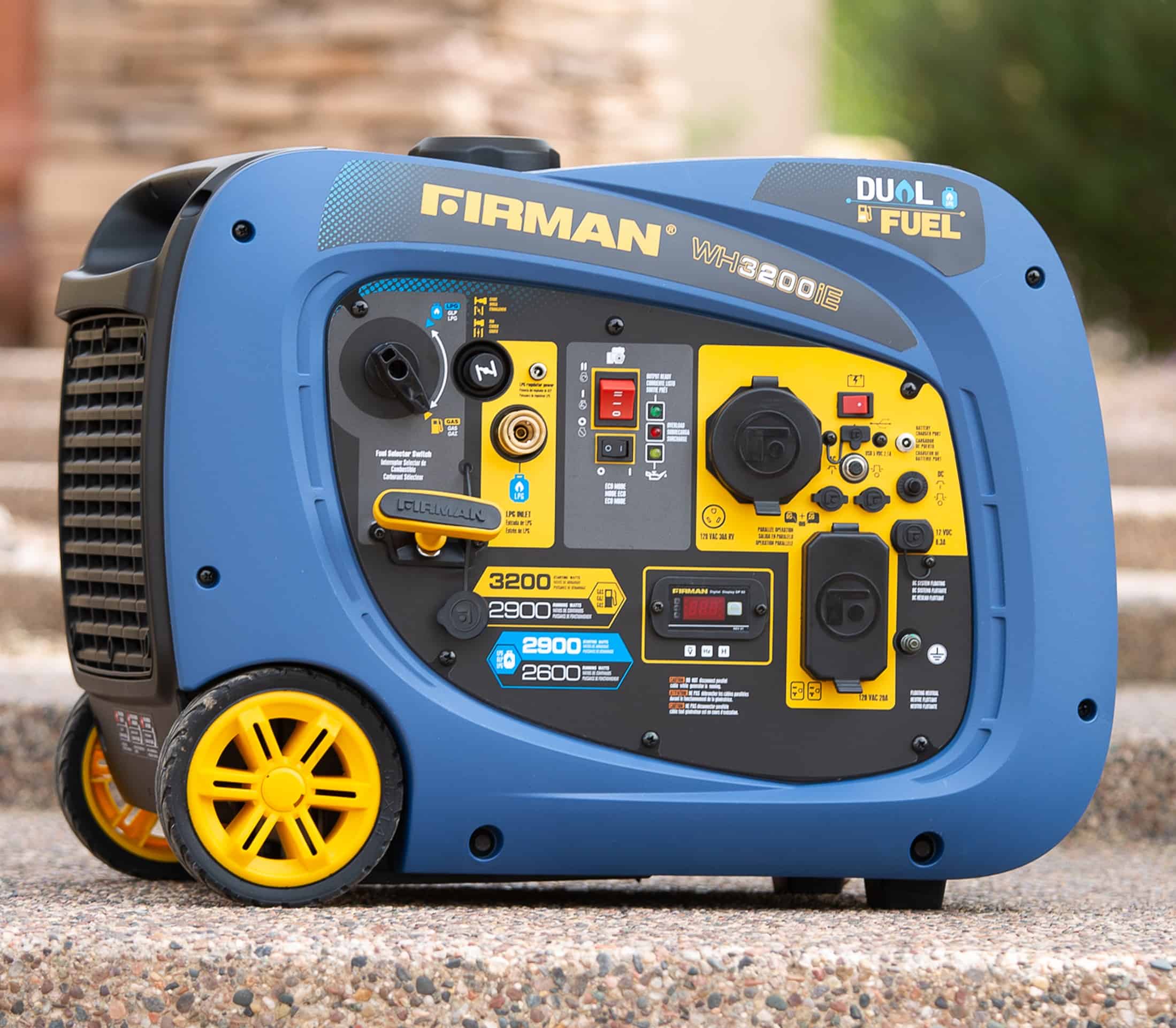
- Portability: Lightweight generators are easy to transport, making them ideal for camping, tailgating, and other outdoor events.
- Ease of Use: Lightweight generators are typically designed to be more user-friendly than their heavier counterparts. This makes them ideal for individuals who are unfamiliar with generator operation.
- Lower Cost: Lightweight generators typically cost less than their larger, heavier counterparts. This makes them a great choice for those on a budget.
- Less Maintenance: Lightweight generators typically require less maintenance than their heavier counterparts. This can be a great advantage for those who are looking to save time and money.
- Quieter Operation: Lightweight generators typically produce much less noise than larger generators, making them ideal for use in residential areas or other noise-sensitive locations.
Disadvantages of Lightweight Generators
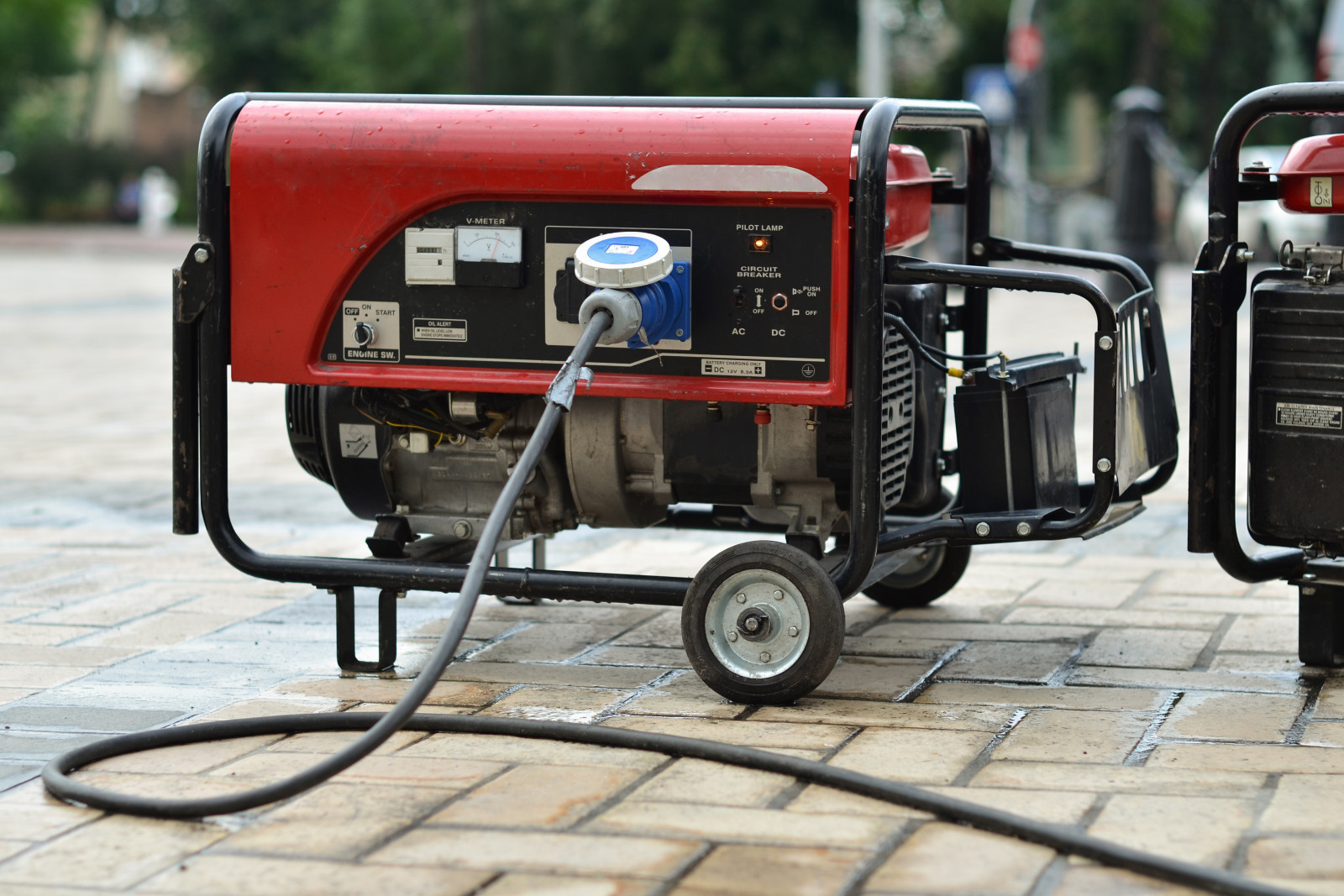
- Less powerful than traditional generators.
- Noise levels higher than conventional generators.
- Usually have a shorter runtime than heavier generators.
- Noisy operation due to small size.
- Less durable than heavier generators.
- Cost more than traditional generators.
- Require frequent refueling.
- May not be able to handle larger power loads.
Factors to Consider when Choosing a Lightweight Generator
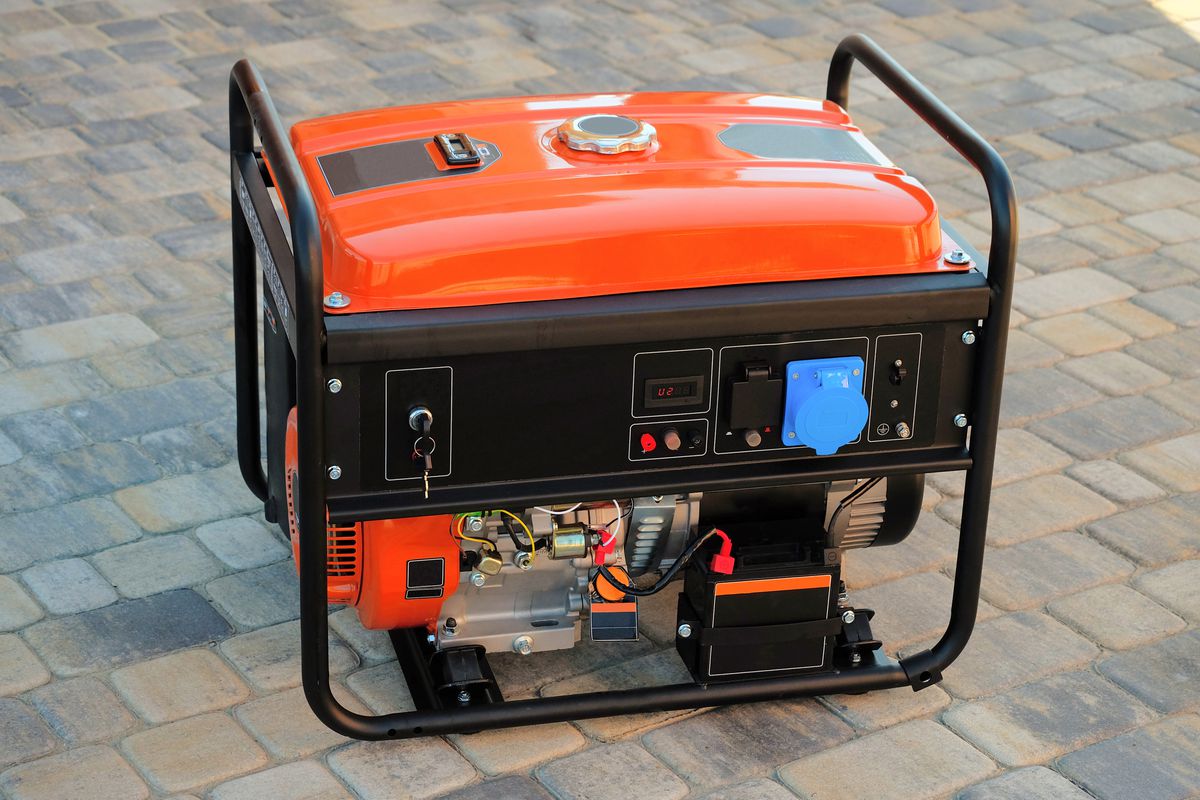
- Price – Lightweight generators come in a variety of price ranges, so it is important to consider how much you are willing to spend and to shop around for the best deal.
- Portability – If you plan to use your generator in a variety of locations, look for one that is easy to transport and store.
- Power Output – Consider the power output of the generator and the type of equipment you plan to run on it. Make sure the generator is powerful enough to run the equipment you need.
- Fuel Type – Most lightweight generators have diesel, gasoline, or propane engines, so it is important to consider the fuel type you plan to use.
- Noise Level – Some generators are louder than others, so it is important to consider the noise level of the generator you choose.
- Safety Features – Look for a generator that has safety features such as overload protection, low oil shutoff, and GFCI outlets.
Cost of Lightweight Generators
- Smaller generators can cost as low as $100.
- Mid-sized generators generally range from $500 to $1000.
- Large-capacity generators can cost upwards of $2000.
The cost of a lightweight generator depends on the size, power output and fuel type. Smaller portable generators are typically less expensive, but they are also limited in their power output. Mid-sized models are more powerful and can range from $500 to $1000. Finally, large-capacity generators can cost upwards of $2000, but offer more power and flexibility.
Maintenance of Lightweight Generators
- Check oil levels regularly and top up when needed.
- Check air filter and replace if necessary.
- Check spark plug and replace if necessary.
- Check the cooling system for any blockages or leaks.
- Check for any loose or corroded wiring.
- Check fuel filter and replace if necessary.
- Check the battery and charging system.
- Check the generator for any signs of wear and tear.
- Check for any signs of fuel leakage.
- Ensure the generator is properly lubricated.
- Ensure the generator is properly serviced.
Frequently Asked Questions
What are the advantages of using a lightweight inverter generator?
Lightweight inverter generators are more fuel-efficient and quieter than traditional generators, making them ideal for camping, tailgating, and other outdoor activities. They are also more portable than traditional generators, allowing them to be transported with ease. Additionally, they have the ability to produce clean power, meaning they won’t damage any sensitive electronics. This makes them great for powering laptops, TVs, and other sensitive electronics. Finally, lightweight inverter generators are typically more affordable than traditional generators, making them a great option for those on a budget.
How efficient is a lightweight generator compared to other types of generators?
Lightweight generators are highly efficient compared to traditional generator types. Due to their smaller size and lighter weight, they are able to produce more energy with less fuel, resulting in higher energy efficiency and lower fuel costs. Furthermore, their portability and ease of use make them a great option for emergency power needs. Additionally, they are quieter than most other types of generators, resulting in less noise pollution.
What features does a lightweight generator typically have?
A lightweight generator usually has several useful features that make it an ideal choice for outdoor and camping trips. Generally, these generators are designed to be small and portable, with a lightweight and durable body. They usually have quiet operation, low fuel consumption, and a low emission level, making them an eco-friendly choice. Additionally, they typically have a low running cost and are easy to use and maintain. Some have extra features such as overload protection, low oil shut-off, and digital displays.
What kind of power output should I expect from a lightweight generator?
Lightweight generators are generally rated by wattage, with outputs ranging from 500 watts to 8,000 watts. Generally, portable generators with lower wattage are used for powering small appliances and electronics, while those with higher wattage are more suitable for large appliances such as microwaves and air conditioners. When choosing a portable generator, be sure to check the wattage requirements of the devices you plan to power to ensure the generator is capable of delivering the necessary output.
How does a lightweight generator compare to other types of generators in terms of portability?
Lightweight generators are generally much more portable than other types of generators. They are typically smaller and lighter in weight, making them easier to transport and move around. They also tend to have improved fuel efficiency, meaning they require less gasoline or diesel to run, thus reducing the amount of fuel needed to be carried. Additionally, many lightweight generators have a quieter operation than standard generators, making them better suited for camping and other outdoor activities.
Conclusion
Lightweight generators are the future of generator technology. They offer superior portability and performance, as well as improved efficiency, making them ideal for a variety of applications. Furthermore, their low cost and low maintenance requirements further add to their appeal. As their popularity increases, so too will their availability and affordability, making them an increasingly attractive option for consumers.
